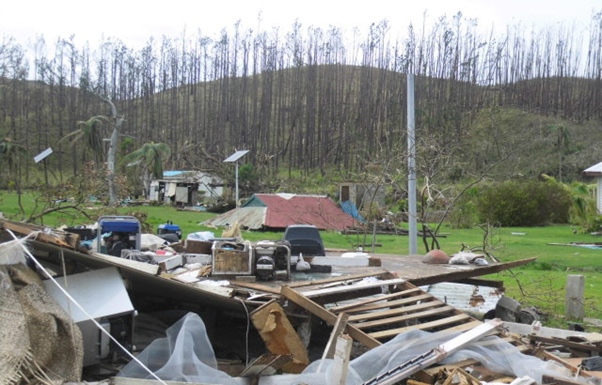
Resilience in an energy system can be defined as its ability to resist, absorb, accommodate, adapt to, transform and recover from shocks and stresses. Energy resilience in the Asia-Pacific region is shaped by dynamics relating to energy security, transitions, reliability and recent disasters, such as coastal flooding, volcanic eruptions, cyclones and COVID-19. This interactive workshop series on 1-4 December 2020 will open up dialogue on energy resilience focusing on the experience of Pacific Island Countries & Territories, as well as exchange experiences with other regions. Case studies will include Fiji, Papua New Guinea, Vanuatu, Tuvalu and Tokelau, as well as drawing experience from Australia and a range of other countries. The aim of the series is to jointly identify research priorities for increasing energy resilience using grid and off-grid renewable energy in Pacific Island Countries & Territories. The three workshops are:
- Planning and investing in more resilient energy systems (15:30-17:30 AEDT, 1st December)
- Energy resilience and the political economy of off-grid solar (15:30-17:30 AEDT, 2nd December)
- Community energy resilience strategies in response to disasters (15:30-17:30 AEDT, 3rd December)
We will bring together insights from the three workshops in a panel discussion at the Urban Resilience Asia Pacific Conference:
- Energy resilience and disasters in the South Pacific: political economy dynamics, community responses and planning (16:00-16:50 AEDT, 4th December)
Registration is free.

 Join our list of experts
Join our list of experts